Mobilizing a new generation of business leaders, committed to solving the climate challenge.
The climate crisis necessitates a fundamental transformation of the global economic framework, which will shape business strategies for decades to come.
While existing climate pledges focus on governments, corporations, and NGOs, they neglect the critical role that future business leaders will play. As the architects of tomorrow’s economy, MBA candidates from top-tier institutions are not only well-positioned but also have the responsibility to enact meaningful change.
The Climate Legacy Commitment is a landmark initiative for leading MBA candidates, signifying a decisive shift in corporate leadership towards proactive climate accountability.
This initiative is more than a pledge; it is a call to action for future business leaders to engage in transformative learning, develop collaborative networks, and drive innovative climate solutions, shaping corporate cultures and operational norms to deliver a sustainable, net-zero future.
We envision a future where business and sustainability are inseparable. Through our programs, we strive to set a global standard in climate-conscious business practices, shaping a new generation of business leaders committed to environmental stewardship and global responsibility.
Our Vision.
Our mission is to empower MBA candidates to integrate sustainability into their careers. By uniting top MBA talent with fellow change-makers and industry mentors, we aim to foster a community dedicated to impactful climate action.
Our Mission.

The Commitment
We Recognize
EXISTENTIAL THREAT
Climate change poses an urgent, existential threat to our planet and therefore our humanity, our ecosystems, and the myriad species with whom we share this Earth. To ignore its potential ramifications is to imperil our collective future.
UNEQUAL BURDEN
At the heart of the climate crisis lies an uncomfortable truth: it disproportionately affects the most vulnerable, marginalized communities. These communities, often with the least contribution to the crisis, bear its harshest consequences, deepening global inequities. Climate change recognizes no borders, a reality that underscores the shared responsibility inherent in this global challenge.
SCIENTIFIC IMPERATIVE
Guided by scientific evidence, we acknowledge that human-driven greenhouse gas emissions are critical accelerants of climate change. Climate change’s cascading effects are being observed around the world through extreme weather events, temperature shifts, ecological acidification, and biodiversity loss. Moreover, its impacts are reflected in rising sea levels, melting ice caps, altered agricultural productivity, more frequent and severe wildfires, and significant socioeconomic challenges, including displacement and increased health risks.
CLEAN ENERGY SYSTEMS
While acknowledging the pivotal role our current energy systems have played in advancing humanity, we align with the global consensus on the necessity to "transition away from fossil fuels in energy systems in a just, orderly, and equitable manner." [1] This transition is essential for addressing the urgent challenges posed by climate change and delivering a net-zero future.
INTERCONNECTED CHALLENGE
In this era of interconnectivity, climate change is pervasive in all sectors. No industry remains untouched, and each has a role in contributing to the solution.
NOT BUSINESS AS USUAL
The linear paths of 'business as usual' are no longer sustainable. Success in this new era must be marked not just by profits, but by pioneering technologies, transformative financing mechanisms, and a holistic reshaping of our consumption and production ethos.
RACE AGAINST TIME
With the clock ticking, the milestones are clear: a 43% reduction in emissions by 2030 from 2019 levels, and a net-zero economy by 2050. [2] These are not just targets, but lifelines to limit our planetary warming to 1.5°C above pre-industrial levels.
[1] United Nations. (2023). Outcome of the First Global Stocktake. Conference of the Parties serving as the meeting of the Parties to the Paris Agreement, Fifth session, United Arab Emirates, 30 November to 12 December. FCCC/PA/CMA/2023/L.17.
[2] IPCC. (2023). Climate Change 2023: Synthesis Report. Contribution of Working Groups I, II and III to the Sixth Assessment Report of the Intergovernmental Panel on Climate Change [Core Writing Team, H. Lee and J. Romero (eds.)]. IPCC, Geneva, Switzerland. doi: 10.59327/IPCC/AR6-9789291691647.
We Commit
INNOVATIVE LEADERSHIP
As future stewards of global organizations and industries, we commit to championing sustainable initiatives, practices, and solutions, leveraging our influence to transition our businesses, communities, and networks towards a net-zero future.
PROTECTING THE VULNERABLE
We pledge to prioritize climate-vulnerable communities in our decision-making, ensuring our initiatives foster a just and equitable world.
COLLABORATIVE ACTION
Recognizing that the challenge is vast and multifaceted, we pledge to foster collaboration across sectors, breaking silos, and using our networks to co-create solutions that span industries and borders.
CONTINUOUS LEARNING
The terrain of climate science and solutions is ever evolving. We dedicate ourselves to continuous learning, ensuring that our strategies are informed, adaptive, and relevant.
TRANSPARENCY AND ACCOUNTABILITY
We vow to operate with transparency, measuring our impact, sharing our progress, and holding ourselves accountable to the goals we set, the promises we make, and the legacy we aim to leave.
LEGACY
Above all, our commitment is to the future —where businesses flourish without compromising the planet. We pledge to work towards building a sustainable economy and a brighter future for generations to come.
Join your MBA cohort in shaping a sustainable net-zero future.


